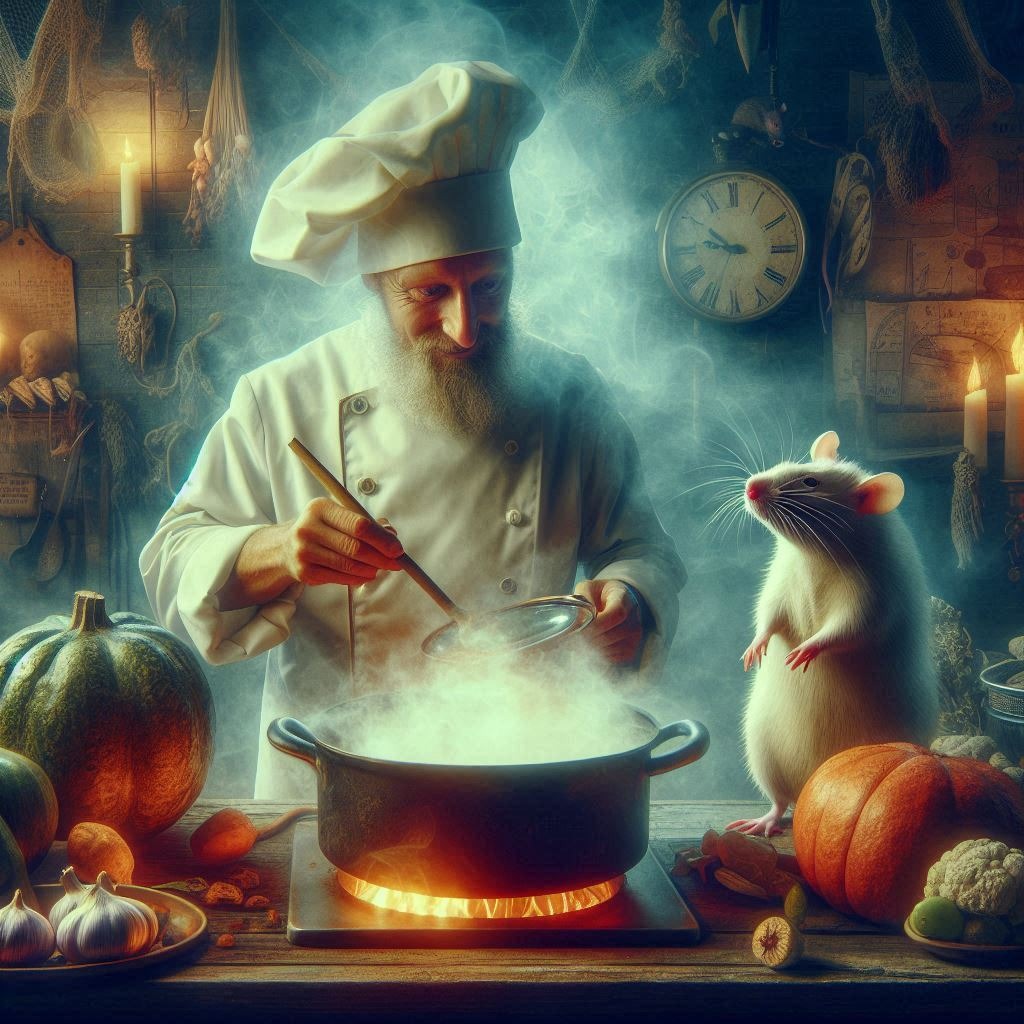Have you ever found yourself comfortably nestled in the warmth of your daily routine, only to wonder if this is the peak of satisfaction or the plateau of inertia? It’s a thought that often lingers at the edge of our consciousness, challenging us to discern whether we are truly content or have we simply become complacent.
We often mix up complacency and contentment, believing that if we’re content, we’ll stop pushing toward our goals. It’s like thinking that enjoying the view means you’re never going to climb another mountain. See, contentment is about being happy with where you are right now, without feeling like you’re missing out. It’s like finding peace in the journey, not just the destination. On the other hand, complacency is more like settling, thinking you’ve reached the peak when there’s still a whole world to explore.
The Pitfalls of Complacency
The pivotal distinction between the two lies in their relationship with growth; contentment is the fertile soil for potential, while complacency is the barren land that refuses it. Contentment is dynamic, allowing for evolution and change, whereas complacency is static, resisting the very notion of development. It’s in the moment when success is achieved, and the comfort zone begins to form, that one must be most vigilant. Innovation requires a proactive stance, a willingness to challenge the status quo.
Balancing Contentment and Growth
The key to avoiding complacency while maintaining contentment lies in continuous self-awareness and effort. It involves regularly examining our attitudes toward future growth and challenges, ensuring that we do not fall into the trap of equating our self-worth with our achievements. Striving for more does not negate contentment instead, it can coexist with a deep sense of satisfaction when we redefine success on our own terms, free from societal pressures.
Redefining Success and Embracing Meaning
True contentment empowers us to let go of what doesn’t bring us joy and to embrace what gives our lives meaning. It compels us to set our own goals and aspirations based on our personal values and experiences, rather than external expectations.This redefinition of success is a personal journey that involves meeting life exactly as it is, fostering an active engagement with the world around us.

The Continuum of Contentment and Complacency
In the continuum of contentment and complacency, a mindful approach is essential. It begins with self-awareness, recognizing your current position on this spectrum and understanding your personal definition of fulfillment. Setting goals that align with your values and aspirations can serve as guideposts, ensuring that you’re moving towards growth rather than stagnation. As Maya Angelou wisely observed, our attitude is the architect of our reality.
In the movie “Ratatouille,” the themes of contentment and complacency are explored through the characters and their development. Remy’s unwavering passion for cooking and relentless pursuit of culinary excellence highlight how true contentment fuels creativity and growth. In stark contrast, Chef Skinner’s focus on maintaining the status quo and exploiting Gusteau’s legacy, along with Anton Ego’s initial cynical complacency, emphasize how a lack of genuine passion leads to stagnation and missed potential.
So, as you navigate your own path, remember to celebrate your current view while keeping an eye on the next peak. In this dance between contentment and growth, find the rhythm of a life well-lived, a symphony of experiences that are uniquely your own.



